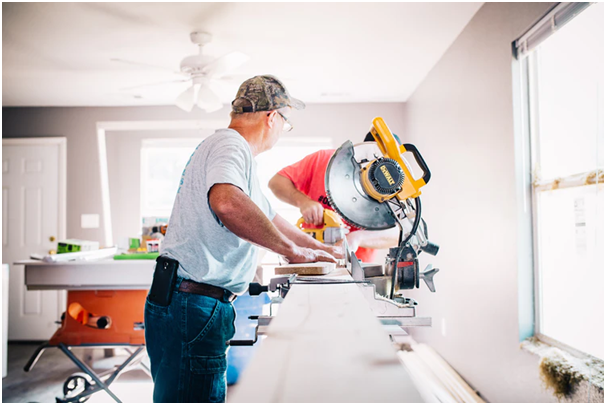
According to a study from the National Federation of Builders, UK tradespeople are owed more than £30 billion in unpaid invoices. As a small business owner, the chances are that you cannot afford to miss out on hundreds or even thousands of pounds in unpaid bills, or indeed wait months on end until your clients finally pay up. Below, we’ve put together some of the most effective strategies to ensure you’re always paid on time for your hard work…
Maintain good relationships with clients
One of the best ways to reduce the chances of a late payment – or no payment at all – is to build a rapport with your client from day one. As well as doing a great job and delivering first-class customer service, you should make your clients feel special, whether you’re installing a new bathroom or changing a plug. The better the relationship, the more likely your client is to pay on time – and the less likely you’ll have to endlessly chase them.
Take payment upfront
Although this technique has fallen out of favour in recent years as consumers complained of no-shows, asking your clients to pay for your services up-front makes sense. After all, if you are supplying materials, travelling to their address and delivering your expertise, it’s only fair you’re compensated up-front. Offer clients the option and perhaps give a small discount as a “thank you” for their understanding – that way, you’ll never have to chase for payments again.
Consider an escrow service for your projects
If you’re tired of chasing late payments and want a simpler solution, you could use an escrow service such as PongoPay, which specialises in tradesmen payments. It’s super simple: your clients will pay for your services upfront, and that money will sit in a “pot” until the job has been completed. Once it has, you can request the funds, and they’ll be released. If you run into challenges, there’s a straightforward mediation process to keep things fair.
Be clear on your payment terms
You’re a tradesperson, not a bookkeeper, so be clear on your payment terms and let clients know that you expect to be paid within a week of the job being done. The shorter your usual payment term, the sooner you’ll be paid. Of course, if you’re working on an ongoing project or a client expects to pay you in instalments, you’ll need to adjust your terms, but spelling them out from the get-go reduces the chances of confusion, and helps you get paid faster.
Chase overdue payments
Finally, don’t be afraid of chasing if clients haven’t paid you on time. Overdue invoices should be followed up as soon as possible – not just at the end of the week or month when people are likely to give excuses or brush you off. Calling a client earlier in the day gives them more time to make a payment, and calling or emailing often allows you to gently nudge your client, staying on their case. Finally, be professional: you won’t get anywhere if you start to shout or threaten a client. Be firm, be fair, be polite, and you’ll make good progress.
Do you have any other tips? Let us know and check back soon for more trade advice.



